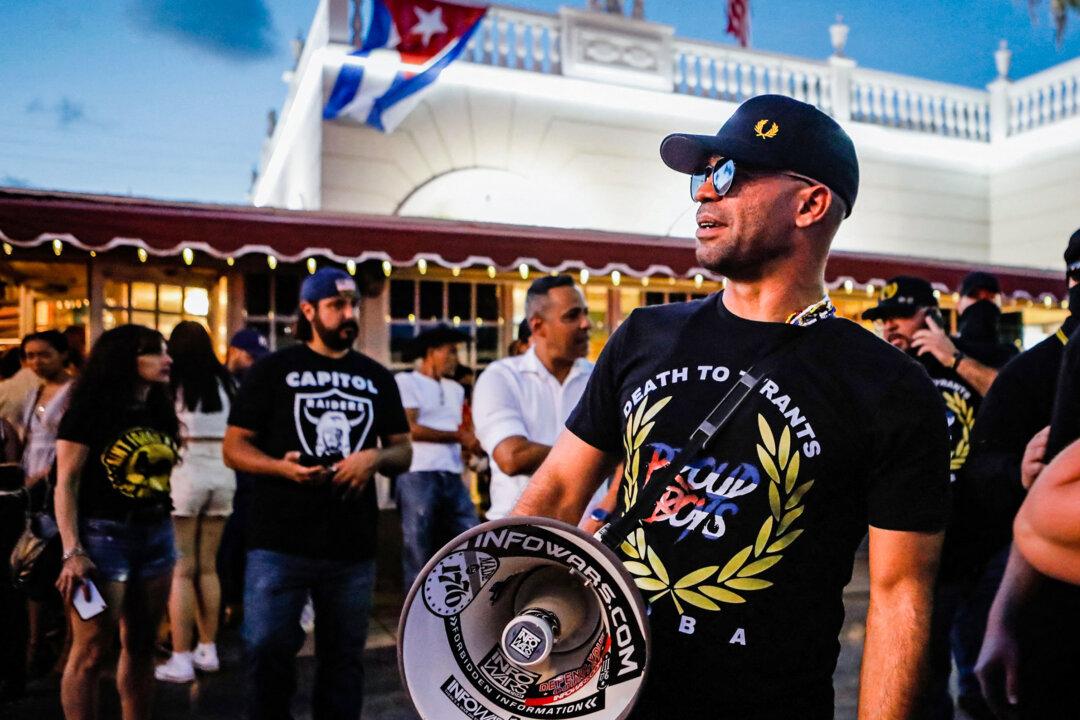Two defendants in the Proud Boys seditious-conspiracy trial filed a motion in federal court to dismiss obstruction-related charges in light of a fractured U.S. Court of Appeals ruling on the law used to charge hundreds of defendants in cases related to the Jan. 6, 2021, U.S. Capitol breach.
On April 8, attorneys for defendants Zachary Rehl and Ethan Nordean filed motions with U.S. District Judge Timothy Kelly, saying that the April 7 appeals court ruling requires a narrow definition of the term “corruptly” that must apply to the Proud Boys case for the obstruction charges to remain.





